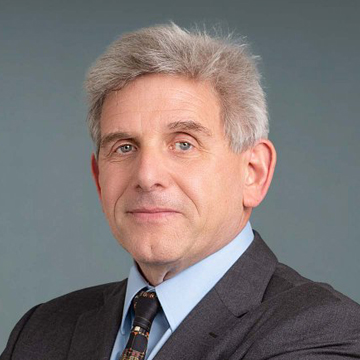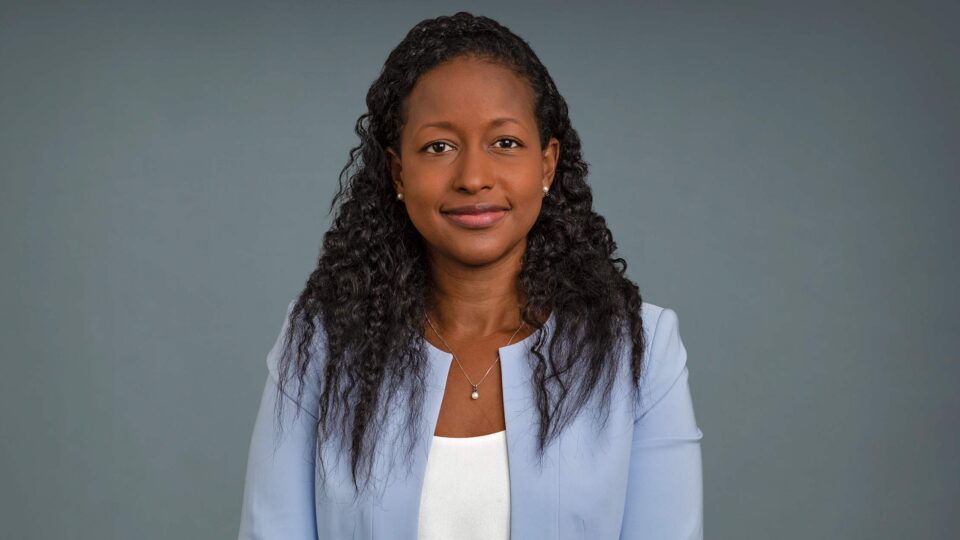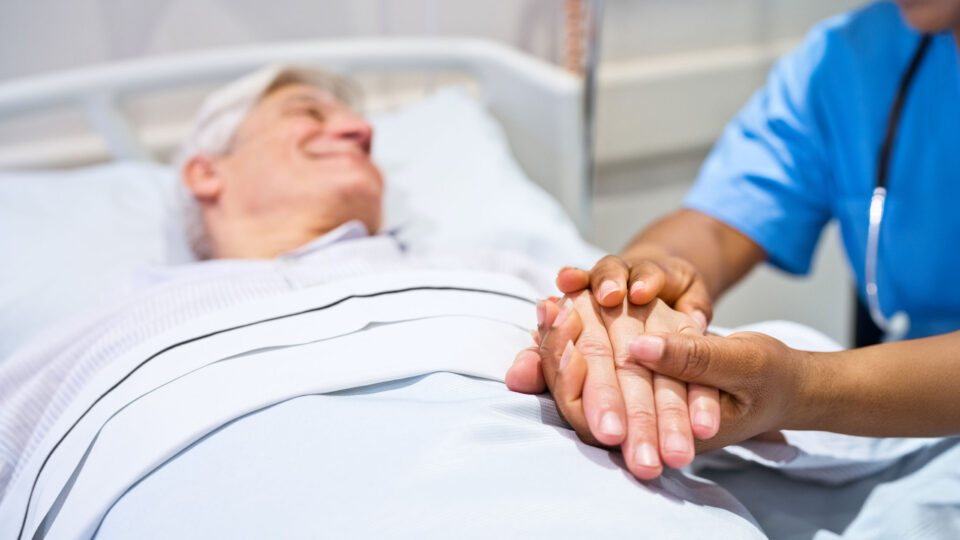With the number of Americans living with Alzheimer’s disease and other dementias expected to approach 14 million by 2050, an improved national strategy for dementia research, detection, and treatment will be crucial to mitigating the impact on patients, caregivers, and society at large. Recognizing that challenge, the U.S. Centers for Disease Control and Prevention (CDC) recently established the Building Our Largest Dementia (BOLD) Infrastructure Public Health Centers of Excellence (PHCOEs) program, creating three national centers to lead efforts in the areas of early detection, risk reduction, and caregiving.
NYU Langone Health was selected to house the BOLD center on Early Detection of Dementia, working alongside a center for Dementia Risk Reduction, administered by the Alzheimer’s Association, and one for Dementia Caregiving, based at the University of Minnesota. Joshua Chodosh, MD, director of the Division of Geriatric Medicine and Palliative Care, co-directs the NYU Langone–based center with Soo Borson, MD, of the University of Southern California’s Keck School of Medicine.
“Today, about 50 percent of people who live symptomatically with this condition go undiagnosed, and the consequences can be enormous,” says Dr. Chodosh. “Our charge is to help improve that record.
“We envision a world in which dementia is detected before a crisis occurs, and in which early detection promotes better health and wellbeing not only of older adults, but also of their families, friends, and communities.”
Joshua Chodosh, MD
It is by design that the three centers overlap in their areas of focus, Dr. Chodosh adds. “We recognize the tremendous potential for collaboration. Risk reduction strategies, for example, may also serve as mitigating strategies, which typically work best in the context of early detection. Furthermore, those strategies may ease the burdens that dementia places on caregivers.”
A National Resource on Early Detection
A major initial step in the NYU Langone–based center’s mission was the creation of a multifaceted web portal—a national comprehensive resource of information on strategies to promote and enhance early dementia detection. Launched in May 2022, the site offers resources for policymakers, public agencies, nonprofits, clinicians, and other stakeholders who seek to develop or expand such efforts.
Currently, clinical resources available on the portal include an early detection of dementia toolkit and a technical assistance component, which allows organizations to request the center’s expert help with decision-making, capacity building, strategic planning, networking, and other vital tasks. Additionally, the portal includes a library of infographics, newsletters, and articles. Video presentations are in development.
Empowering Primary Care Providers and Communities
The NYU Langone–based center’s overarching vision is to make early detection of dementia routine practice nationwide, says Dr. Chodosh. “Our position is that the place for this is really primary care. A major impediment to expanding detection is the assumption that it requires extremely specialized skills. Non-neurologist physicians often feel uncomfortable making a diagnosis—when in many instances, they can and should.”
“A major impediment to expanding early detection is the assumption that it requires extremely specialized skills. Non-neurologist physicians often feel uncomfortable making a diagnosis—when in many instances, they can and should.”
The center will offer education in various formats, including a comprehensive care pathway and other educational materials for providers, seminars, symposia, and other events. To improve health equity in dementia detection and treatment, it will disseminate information on public health, clinical, and community initiatives to partner organizations at the local level.
“We envision a world in which dementia is detected before a crisis occurs,” says Dr. Chodosh, “Early detection promotes better health and wellbeing not only of older adults, but also of their families, friends, and communities.”






